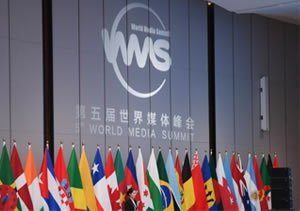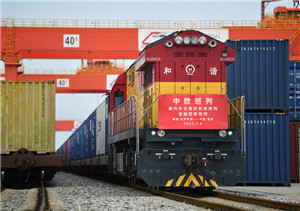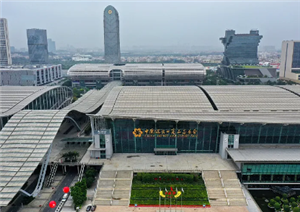China and Australia's relationship dates back several centuries. According to historical accounts, Chinese merchants visited Australia's northern coasts in as early as the 1750s, predating the arrival of British explorer Captain James Cook, who claimed Australia for Britain in 1770.
In 1818, Mak Sai Ying, a native of Guangdong, became the first recorded Chinese settler in Australia, marking the beginning of Chinese exploration and settlement in Oceania.
The discovery of gold in Australia in 1851 triggered a significant wave of migration. At the time, southeastern China was grappling with severe challenges: limited arable land, rapid population growth, intensified feudal exploitation and the impact of the Opium Wars. These pressures prompted many people from Guangdong, especially those near the Pearl River Delta, to seek opportunities abroad. They were among the first to arrive in Australia for the gold rush.
The historic Chinese associations in Melbourne's Chinatown — such as the See Yup Benevolent Society, Nam Shun Fooy Koon and Chiu Chow Association — stand as enduring testimonies to the contributions of early Guangdong settlers.
Today, Australians of Chinese descent number approximately 1.4 million, comprising 5.5 percent of the country's population. Sydney's Chinatown, located near Haymarket and just south of the Chinese Garden of Friendship (established in 1988), symbolizes the growing bilateral ties between the two nations.
In 1979, Guangdong province and New South Wales established friendly relations. Both regions are economic powerhouses with highly complementary industrial structures.
In recent years, trade has been the cornerstone of China-Australia relations, dominated by Australian exports of raw materials such as iron ore, coal and natural gas to China. Meanwhile, a smaller but significant flow of manufactured goods moves from China to Australia. By June 2023, China accounted for 40 percent of Australia's total exports.
"Looking ahead, Guangdong can leverage its friendly relations with New South Wales to enhance connectivity and foster deeper cooperation in areas such as modern services, trade and investment, energy technology, infrastructure, joint education programs and tourism," said Zhang Qiusheng, vice-president of the China-Australia Research Institute and a professor at Jiangsu Normal University.
"Moreover, the large community of Chinese Australians of Guangdong descent serves as a valuable bridge for policy dialogue, economic collaboration and cultural exchanges, further strengthening bilateral ties," Zhang added.

















